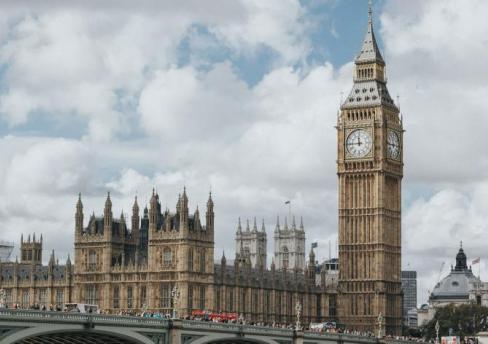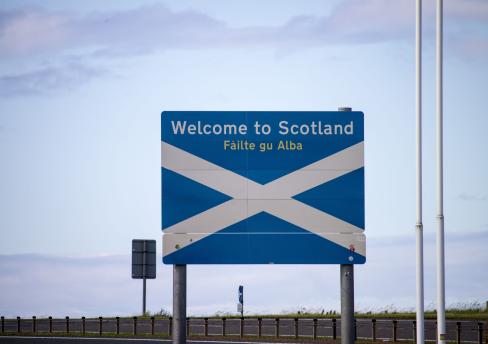This weekend the UK has managed to touch on Brexit uncertainty in all three branches of the constitution: in Parliament, in the Executive and in the Courts.
There has been much in the press regarding the impact of Brexit on jobs, employment and migration, with or without a deal. It is interesting this has now touched on the highest court in Europe, the Court of Justice of the EU (CJEU), where the UK Judge Ian Forrester QC, a graduate and Honorary Professor of Glasgow University, doesn’t know whether he will have a job post 29 March or not. The EU say it is a matter for the Court. The UK Government say he will not sit after the UK leaves the EU on 29 March, even if a transition period is agreed. This could leave the UK in the situation of UK references and decisions being determined by the CJEU, since there will certainly be some overlap cases, but without the benefit of a UK judge on the bench. This feels like a political as opposed to a practical decision by the UK Government.
The UK Government itself suffered another substantial defeat by 45 votes in the House of Commons last week. This was supposed to be a straightforward confirmatory motion giving the Prime Minister cover for more negotiations on the withdrawal agreement in Brussels to sort the Irish backstop. However the failure to mention "no deal" upset both the Remainers, who want it excluded and voted against the motion, and the Brexiteers, who want it specifically kept on the table and so abstained. We expect another vote towards the end of February which may be another holding motion or a "meaningful vote", which at this stage seems less likely. However that may prompt even more unhappiness among those Conservative MPs no longer willing to give the Prime Minister the benefit of the doubt in avoiding a no deal and do not accept that the current version of the withdrawal agreement is the only option. The Brexiteers and DUP don't like the withdrawal agreement either so who knows how they would vote.
That takes us to today's news of the resignation of seven MPs from the Labour Party who intend to sit as Independents in the Commons. They say they are not forming a new party. It may also not change the challenging Commons arithmetic for the UK Government, since the seven are likely to vote against the Government in most instances. However it is a blow for the perceived unity of the Labour Party and it will be interesting to see if others follow in the days or weeks ahead if the Labour position on Brexit becomes clearer in one direction or another.
What has been of less prominence recently are suggestions that while officials in Whitehall have clearly been working very hard over recent months, it is looking exceedingly unlikely that all the legislation which it was anticipated would be necessary to ensure a smooth Brexit will in fact be in place by 29 March. The Government say everything will be ready. Others have concerns around finalisation of relevant primary legislation and secondary legislation. That is the case despite the Commons having their February holiday cancelled to deal with Commons work, including legislation. There will undoubtedly be legal lacunas for lawyers to uncover not to mention uncertainty as to what to do.
The Government is also close to running out of time to meet the deadline for debating and passing the legislation which will be necessary to complete the formal agreement around the withdrawal agreement and the surrounding treaty legislation. The Prime Minister says the House can suspend the time scales since they have done a lot of debating on the subject recently. No one would argue with that proposition. However that may not be in her gift when the time comes. There would need to be a vote on that issue as well, and her recent form on winning votes is questionable.
Today we are less than 6 weeks from Brexit day on the 29 March and uncertainty continues to reign. Last pre-Brexit arrival "posting" dates for goods being exported from and imported to the UK are being reached. Few folk in the UK will have a Porsche on order from Germany, but those few who have will have received a letter telling that it will now cost 10% more because of Brexit tariffs, which is a lot on the cost of a Porsche. However, for the rest of there are still a lot of uncertainties out there to prepare for in the possibly relatively short time available as a full member of the EU, whether we have a deal or not.
The content of this webpage is for information only and is not intended to be construed as legal advice and should not be treated as a substitute for specific advice. Morton Fraser LLP accepts no responsibility for the content of any third party website to which this webpage refers. Morton Fraser LLP is authorised and regulated by the Financial Conduct Authority.










